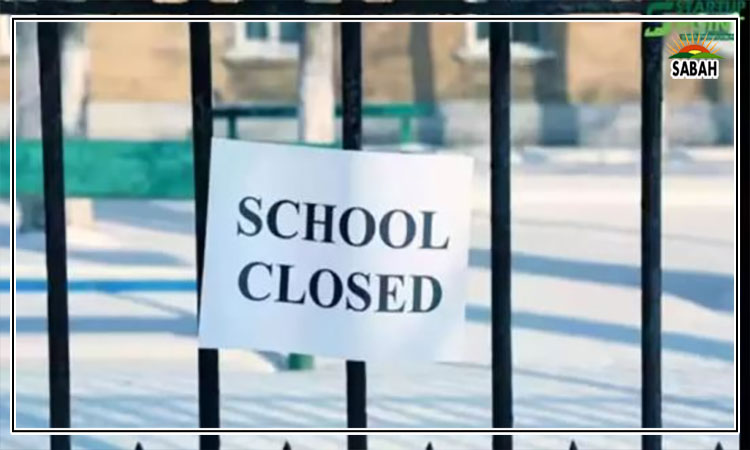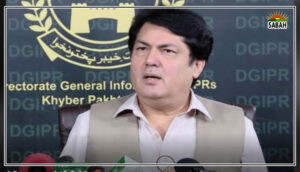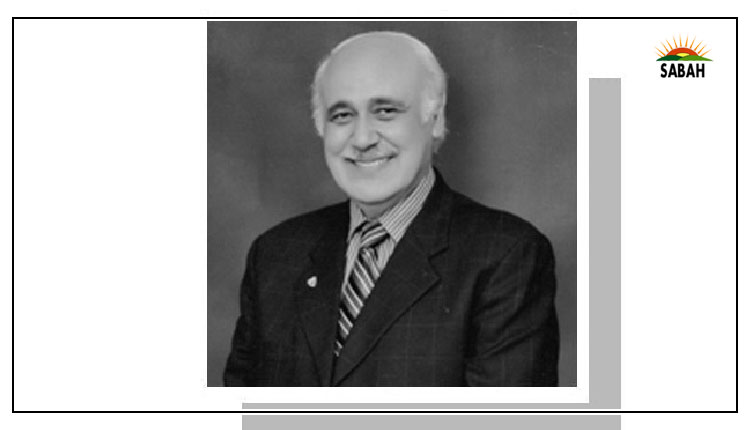Juggling budgets…F.S. Aijazuddin
MR Ishaq Dars recent address to the National Assembly on the budget for 2023-24 reminded one of the story of a finance minister who had a nightmare that he was presenting his countrys budget, and woke up to find that he was.
Mr Dar can be forgiven for sleeping with his eyes open during his own speech. He tried hard to disguise his ennui, for he has juggled too many such budgets during his four tenures as finance minister (1998-1999; March 2008-May 2008; 2013-2017; and from September 2022 until now).
If the website of the Ministry of Finance is to be believed, Mr Dar is known for his expertise in macroeconomic issues, balance of payment crises, energy security, bilateral and multilateral debts, food security, diplomatic crises, parliamentary politics, and international dispute settlements for Pakistan. Heady qualifications.
It does not mention a superior one his relationship as an in-law to three-time prime minister Mian Nawaz Sharif. Nor does it disclose that between 2000-2002, Dar spent almost two years in custody during which he disgorged (under duress, he insisted later) information that he had laundered $14.86 million on behalf of Nawaz Sharif. In June 2013, Mr Dar found himself catapulted again into the finance ministers seat and given less than a fortnight to baste a budget already dressed for the oven by his predecessor. Some journalists questioned whether Mr Dar could manage, to which prime minister Nawaz Sharif is said to have retorted: What else has he been doing for the past five years?
This years budget for 2023-24 has been gestating for nine months, since September 2022 when the government took over our ailing economy. That should have been long enough for anyone (however uncertain their tenure) to present a budget that revealed some visible effort at planning and economic foresight. Instead, the 2023-24 budget bears out the observation of Walter Wriston (a former CEO of CitiGroup): Every line in the governments budget has its own constituency.
In Pakistans budget, the constituencies could not be more clearly demarcated. Creditors form the largest bloc. Next year, Rs7.3 trillion is owed to them for debt servicing and repayment. This monumental burden may be renegotiated, but that would simply be postponing the inescapable. Creditors, as Benjamin Franklin once observed, have better memories than debtors. The second large constituency (that carries an equally big stick) is Defence Affairs & Services. It extracts Rs1.8tr of flesh from an already emaciated cashless cow.
Those serving the government are a constituency too close not to be appeased. The cost of running the government (Rs714 billion) and pensions (Rs761bn) are shown separately in the budget whereas in fact they belong together. The first is the sum of obligations to current employees, while pensions which include those for retired defence personnel (Rs563bn) are the recurring reward for past service.
The increase therefore of 35 per cent in salaries of government servants of grades 1-16 and 30pc for grades 17-22 are more than open-handed largesse by a nervous government anxious to buy their help in the next elections. This additional cost will add to the load of future pensions, to be borne by us, the next and subsequent generations of Pakistanis. Pakistan Railways, once the iron horse of our transportation system, will receive a paltry Rs33bn, while the National Highway Authority (a haven for khaki and civil retirees) can expect almost five times as much Rs157bn.
The allocations for social sectors like population control and management, health (Rs24bn) and education (Rs97bn) receive grudging inclusion in the governments budget. Regardless of whether these are the responsibility of the federal or the provincial governments, they are the real needs of all Pakistanis, regardless of domicile and age (23m of whom are out-of-school children.) To the government, they clearly do not matter because the future is not a constituency.
The government will argue that with this budget, it has tried to fill a half-empty glass. Sceptics see only a glass whose half contents are draining dry. We are a nation that has enough foreign exchange to cover only one month of imports, yet we posture like Dickenss perpetually insolvent Mr Micawber, confident that something will turn up to thwart the spectre of default.
In the 1970s, Mr Ahmed Dawood (then one of Pakistans richest industrialists) could be seen shopping with a cloth bag in Karachis Empress Market. That was his way of keeping his finger on prices and the pulse of the economy.
Perhaps, ministers should learn from his example. They should do their own household shopping and let their minimum-wage menials run the country instead. The latter are more adept at balancing budgets than any government functionary.
Courtesy Dawn












